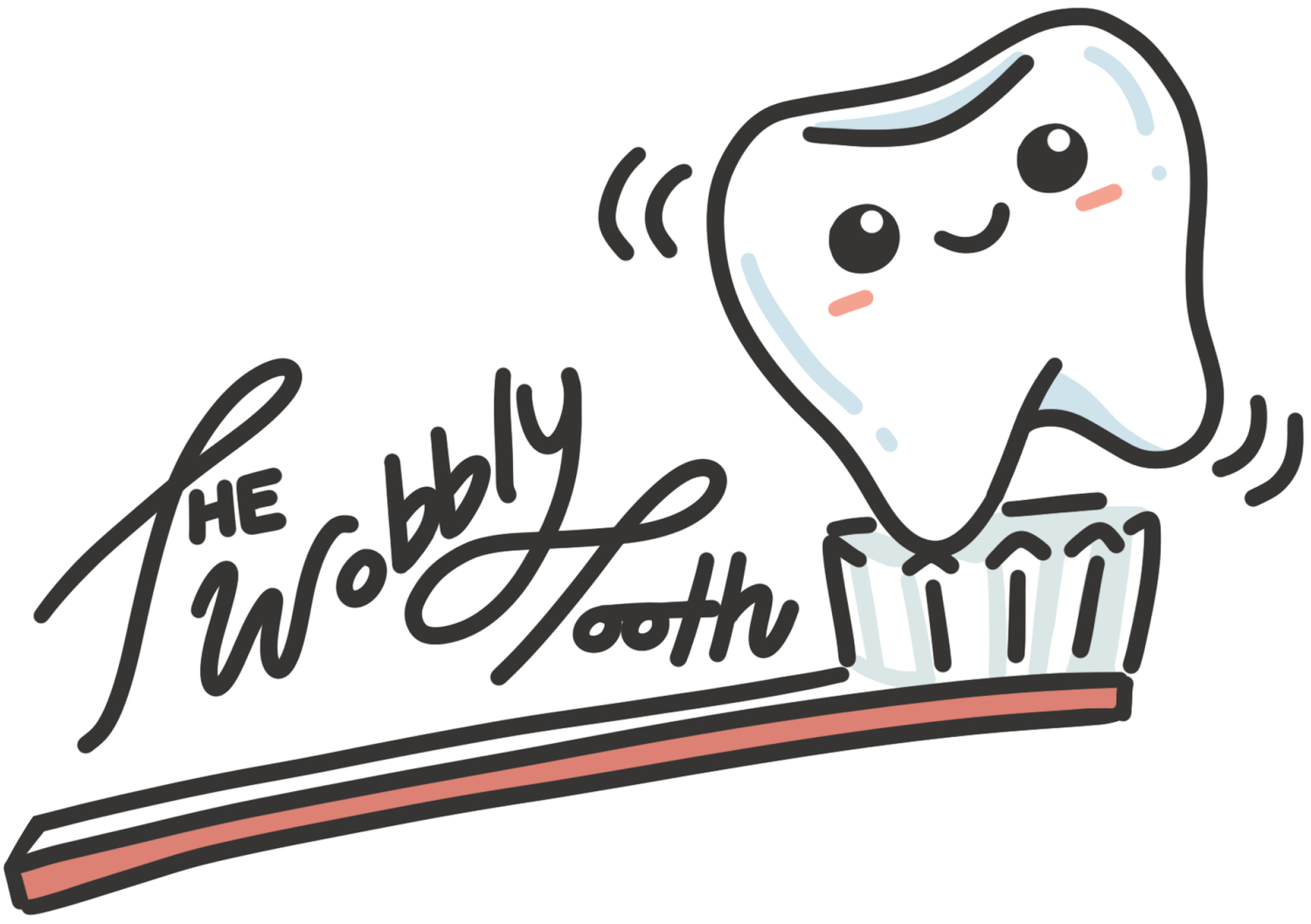Tooth Extractions in Frederick, MD
If your tooth is so badly decayed or injured that a restorative treatment or root canal cannot repair it, our dentists may recommend a tooth extraction. The Wobbly Tooth offers Tooth Extractions & Oral Surgery in Frederick, MD.
Tooth extractions can be simple or surgical depending whether they are visible or impacted. All tooth extractions performed at our office are done using local anesthesia, and you have the option for oral sedation as well. We want you to be comfortable throughout your procedure and take steps to help you feel at ease.
-
Excessive tooth decay, tooth infection, and and/or crowding may require a tooth extraction. Some people who are getting braces may need to extract one or two teeth to make room for their other teeth.
Each patient’s extraction is unique. Remember that many extractions are performed out of a need to prevent potential dental problems, not remove current ones.
Sometimes, teens and some adults may have their wisdom teeth removed before they erupt to prevent future problems.
-
Before your scheduled extraction, an X-ray of your tooth will be taken.
Teeth that are visible will be a simple extraction, however, teeth that are broke, below the surface, or impacted requires a more involved procedure.
Depending on whether you’re receiving a simple or surgical extraction, the procedure will be a little different. The typical steps include: treatment planning, use of a local anesthesia, loosening your tooth, extracting your tooth, and using stitches to close the surgical site, and finally, healing.
-
It normally takes a few days to recover after a tooth extraction. You’ll most likely have some tenderness and discomfort in the area of the extraction for 1-3 days.
You may also experience some tightness and stiffness to your jaw and joint from keeping your mouth open during the extraction.
Typically, it will take 2 weeks for the gums to heal after an extraction and up to 6 months for the bones to be fully remodeled. During this time, we will check up on you regularly to avoid any complications, like dry socket.
Bone grafts
-
A dental bone graft adds volume and density to your jaw in areas where bone loss has occurred. The bone graft material may be taken from your own body (autogenous), or it may be purchased from a human tissue bank (allograft) or an animal tissue bank. To find out more, contact us today!
-
Once the bone graft has been placed, it holds space for your own bone to do the repair work. The dental bone graft basically acts as a scaffold for your own bone tissue to grow and regenerate.
-
Most dental bone grafting surgeries are done to restore your bone to its previous form following tooth loss, gum disease or trauma. Bone grafting may also be used to maintain bone structure after tooth extraction.
A bone graft may be recommended if you:
are having a tooth extracted
plan to replace a missing tooth with a dental implant
need to rebuild the jaw before getting dentures
have areas of bone loss due to gum (periodontal) disease
-
Dental bone grafts are pretty common and they are performed by a general dentist or a dental specialist.
Bone grafting can successfully rebuild bone in areas where it is deficient, ensuring there is enough healthy bone for dental implant treatment. Another reason for having bone grafting is to help improve the overall aesthetics of treatment.



